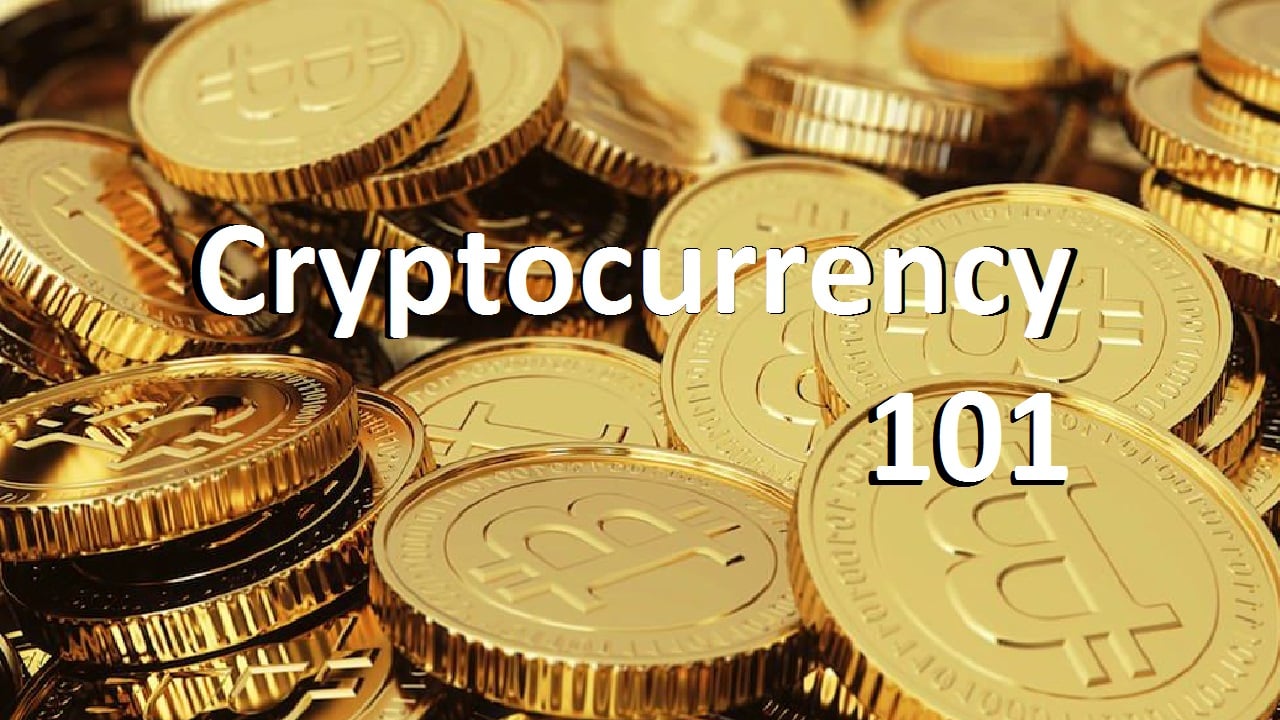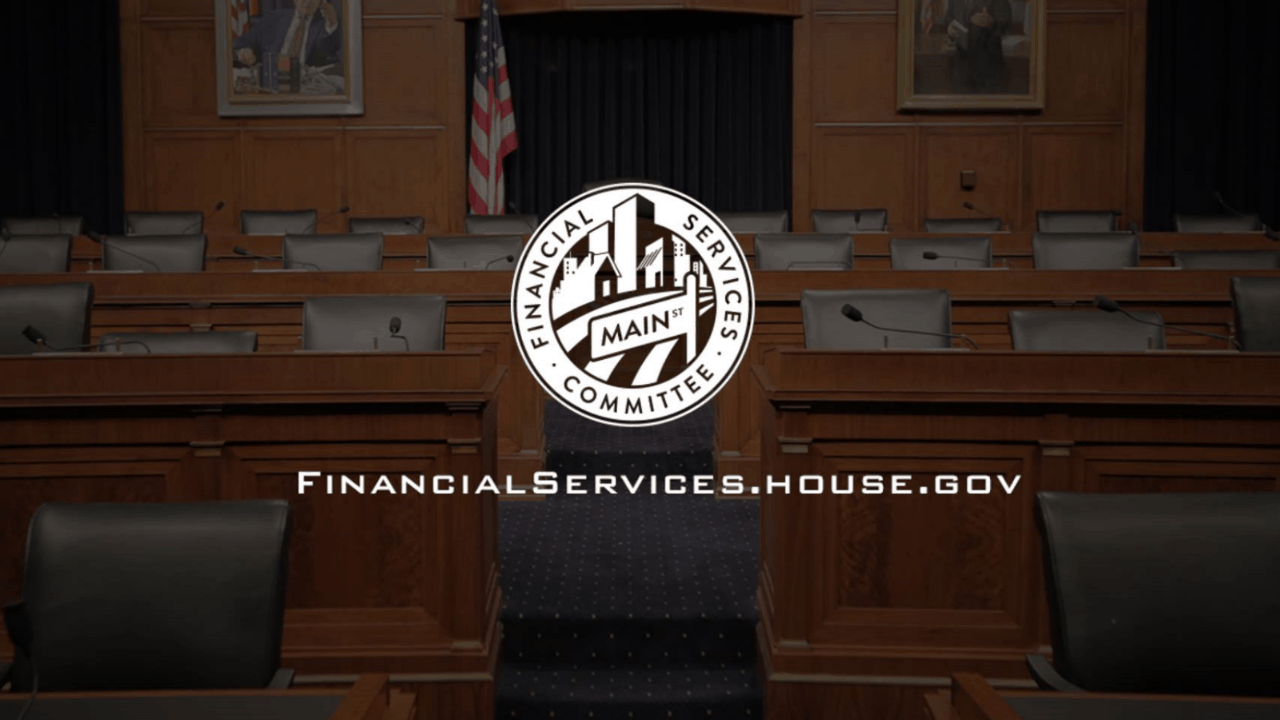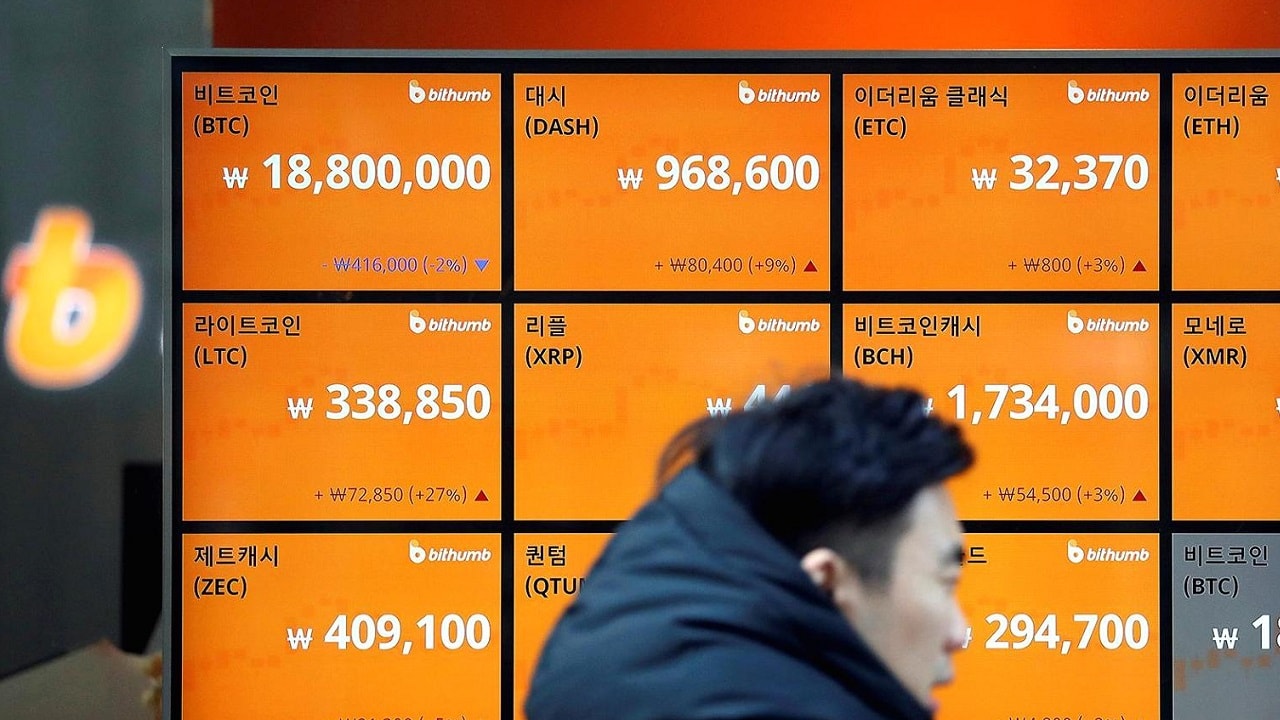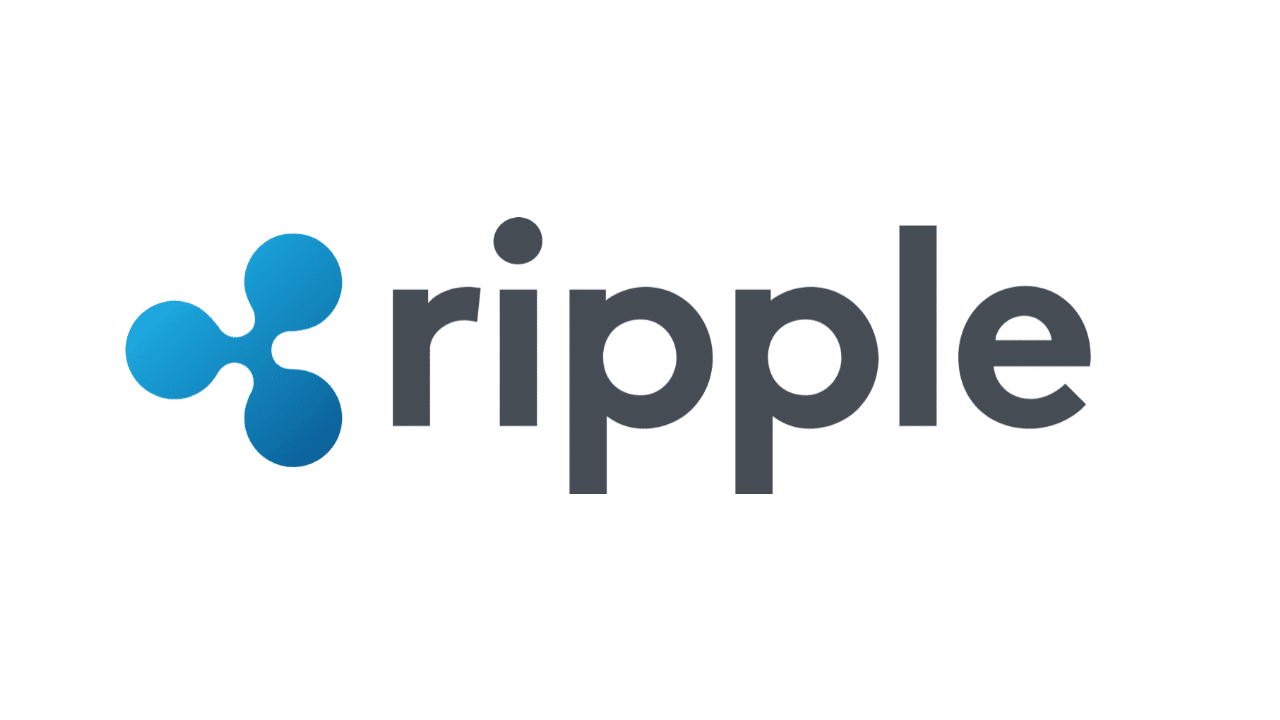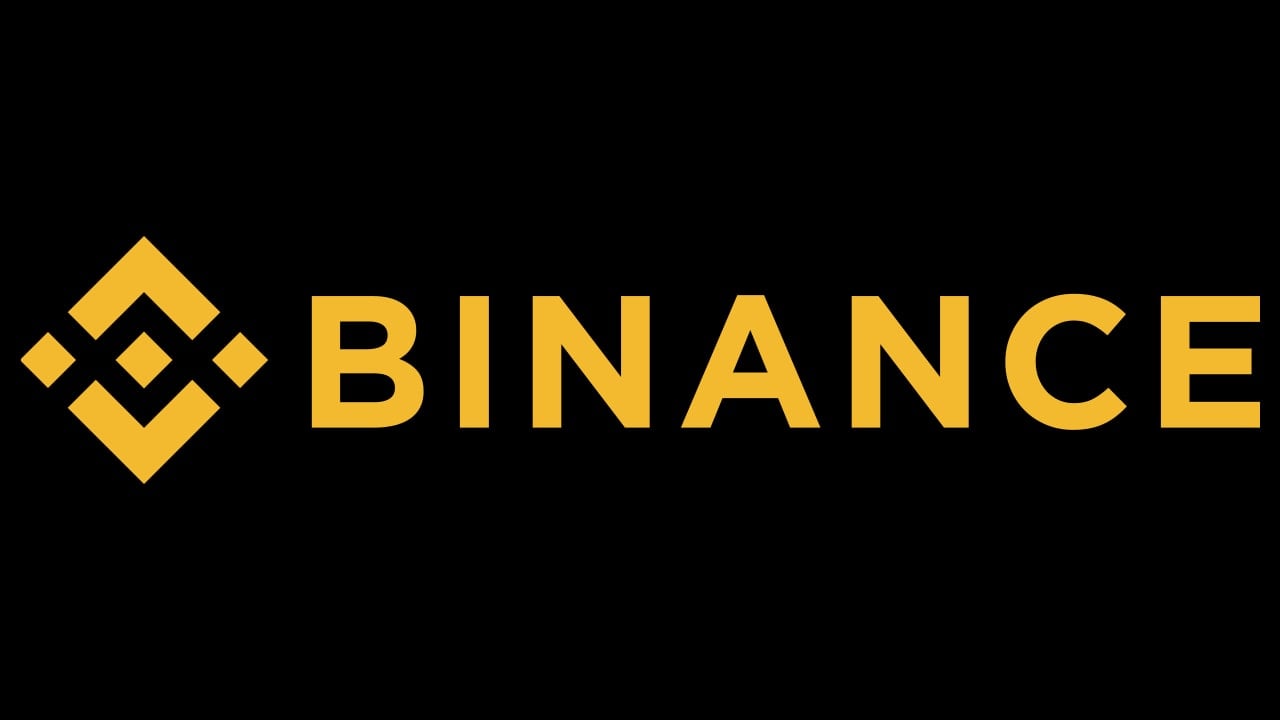A Blockchain contains digitalized transaction “block” records where each block connects to a series of all the previous and future blocks. Although experts suggest that Blockchains are impenetrable, it does not elude the fact that hackers have found ways to paralyze impregnable walls. Therefore, security concerns continue to invade peoples mind. There exist various companies offering security services such as smart contract, penetration testing, and adequate knowledge regarding Blockchains. Many professionals advice interested parties to do thorough research and learn more about cryptocurrencies before joining the community. You can rely on the numerous training videos on YouTube or attend conferences. People and companies alike also need to understand Blockchain security from all angles.
Security
Individual curiosity is an integral part of understanding Blockchain security. You need a clear perception of who is in charge of your investment security and how third parties play their role. Note that, your CTO is not responsible for personal data protection. His/her area of expertise lies in scientific and technological issues within the organization like code and software development. Entrust your protection to a Chief Information Security Officer (CISO) because their task is to provide adequate data and technology security.
Their services cost a fortune but if you cannot afford one, hire a consultant to evaluate your security measures. He/she will pay attention to various areas of interests such as two-factor authentication and cyber-security employee policies. For instance, most hackers illegally penetrate corporate systems via email, instant messages, or promotion/reward links. Their aim usually entails stealing sensitive information like credit card details, passwords, and usernames. In short, everybody who uses the internet to transact is vulnerable to hackers.
Every transaction follows a specific set of agreement for security purposes. Cryptocurrencies adopt smart contracts to control digital currency transfer through blockchain technology. The computer program eliminates the need for third parties because it digitally facilitates and negotiates terms. It is also a significant security protocol whose transactions can be tracked and reversed. Hackers operate using smart strategies like targeting both the top management and employees as well.
Therefore, you should not solely rely on corporate protection especially if your passwords, username, and cell phone numbers are connected to your account or assets. It is extremely risky to expose your data through various devices to multiple platforms. Programmers across the world have developed security management apps like Dashlane to secure your passwords and wallets. Another alternative solution includes adopting a comprehensive multifactor authentication using launch keys. You can also apply the most recent security key development like Titan to verify login details over Bluetooth.
The bottom line is that if you are currently in the cryptocurrency business (individually or as an organization), you are a target and so are your employees. Create different passwords for every account and enhance the verification process. Most importantly, do not trust anyone with your information and that includes private keys, passwords, username, etc. Blockchain agencies should consider training workers and extending useful solutions to hacking issues. The strategy strengthens not only personal security but also the entire corporation. Various costs are usually involved, and therefore, the relevant officers must create a budget to accommodate security changes.
Regulations
According to various sources, most people have yet to understand how cryptocurrencies work and their potential. Even after dominating the world news for a decade, over half the global population is unwilling to take risks. The industry is still young and expanding at best. Its high growth rate has triggered the need for regulations in various countries. Japan is among the first nations to legitimize cryptocurrencies followed by the United States. However, most governments issue notices about investing in the industry.
The warnings pertain to risks involved especially since transacting organizations have no legal responsibilities to their clients. Some reports suggest that the electronic cash system creates a perfect atmosphere for terrorism and money laundering (due to anonymity). As such, several states have expanded laws on various criminal activities to include crypto markets. Others restrict crypto investments while nations like Nepal have banned all crypto activities altogether. In Qatar, citizens cannot operate locally, but they are at liberty to do so beyond the borders.
Cryptocurrencies have also tapped into fundraising using Initial Coins Offering (ICO). However, most states regulate ICOs while others like China have completely banned them. Strict regulations have also discouraged people from investing, but most governments are working towards creating crypto-friendly regulatory systems that will attract investment and offer maximum protection to clients. Luxemburg and Cayman Island are among the nations that hardly view Blockchain technology as a threat. They aim to create their own cryptosystems including Venezuela and Marshall Island.
Taxation, at its best, has yet to categorize cryptocurrencies and all its tax-worth activities. But different countries have adopted various references to regulate Blockchains by taxing them as assets, financial assets, foreign currency, income tax, etc. in the United Kingdom, crypto firms pay corporate tax, individuals pay capital gains tax, and unincorporated agencies pay income tax. The mining of cryptocurrencies is mostly affected by power taxation rules.
The bottom line is that Blockchain security has unlimited options. Cryptocurrency companies can adopt smart contract auditing or hire consultants. (https://casadelninobilingual.com) More so, they should offer cybersecurity training to their staff and regulate internet access. Individuals, on the other hand, can maximize personal data protection through launch keys and two-factor authentication methods. Regulation-wise, governments are responsible in that, they can create crypto-friendly regulatory systems, impose the tax, or ban cryptocurrencies altogether.









